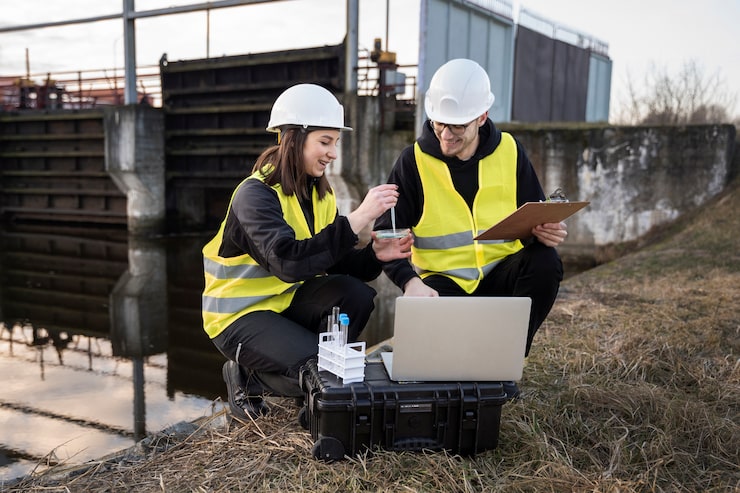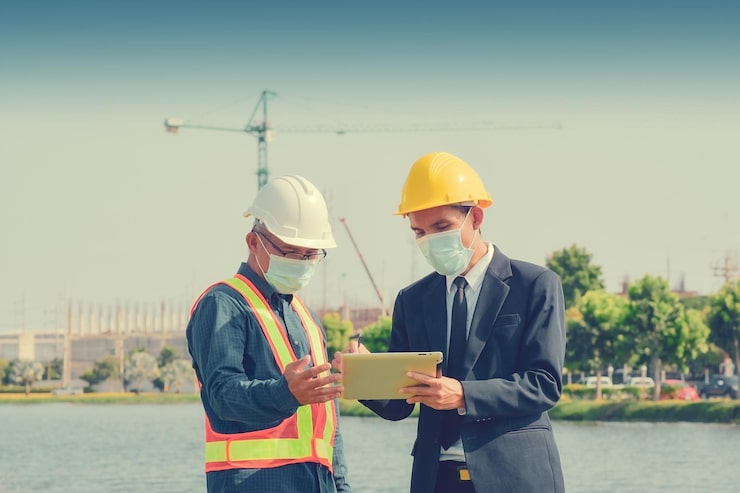Urban growth requires reliable infrastructure, sustainable solutions, and effective planning. Municipal engineers are essential in designing and maintaining the systems that make cities functional, safe, and resilient. Municipal Engineering Services play a vital role in ensuring that urban development meets the needs of residents while supporting long-term growth.
What Is Municipal Engineering?
Municipal engineering focuses on creating, managing, and maintaining urban infrastructure. This includes roads, bridges, water supply, wastewater management, stormwater control, and public facilities. Municipal projects directly impact residents’ daily lives and require a careful balance of technical expertise, regulatory compliance, and environmental sustainability.
Core Services in Municipal Engineering
Transportation Planning
Roads, sidewalks, bike lanes, and public transit systems are crucial for city mobility. Municipal engineers design efficient and safe transportation networks, optimize traffic flow, and integrate smart technologies to reduce congestion and enhance safety.
Water Supply and Wastewater Management
Ensuring access to clean water and effective wastewater treatment is a top priority. Engineers design pipelines, treatment plants, and drainage systems to prevent contamination, flooding, and environmental damage.
Public Spaces and Community Development
Parks, playgrounds, and community centers improve residents’ health and social well-being. Municipal engineers collaborate with planners to create accessible, safe, and visually appealing public spaces that foster community engagement.
Sustainable and Smart Solutions
Modern municipal engineering emphasizes sustainability and smart technology. Initiatives include energy-efficient street lighting, solar panels, rainwater harvesting, and green infrastructure to minimize environmental impact and promote urban resilience.
Municipal Urban Engineering in Modern Cities
Municipal urban engineering combines urban planning, engineering expertise, and innovative solutions to create functional, sustainable, and efficient cities. Technologies such as smart traffic management, IoT monitoring, and predictive maintenance help municipalities optimize resources, reduce costs, and improve residents’ quality of life.
Benefits of Professional Municipal Engineering Services
- Regulatory Compliance: Ensures projects meet legal and safety standards.
- Efficiency: Minimizes delays and reduces costs.
- Sustainability: Incorporates environmentally responsible practices.
- Community Improvement: Enhances infrastructure, safety, and urban livability.

Real-Life Examples
- Flood Mitigation: Redesigned stormwater systems reduced waterlogging in urban areas.
- Smart Transportation: Adaptive traffic signal systems improved commute efficiency.
- Community Facilities: Developed parks and recreational spaces serving thousands of residents.
Conclusion
Municipal engineering services are indispensable for creating resilient, sustainable, and functional cities. By addressing transportation, water management, public spaces, and smart solutions, engineers ensure urban communities thrive today and in the future. Partnering with professional municipal engineers guarantees projects meet high-quality standards and serve the long-term needs of residents.
FAQ
Q1: What types of projects do municipal engineers handle?
Projects include roads, bridges, water and wastewater systems, stormwater management, and public amenities.
Q2: How does municipal urban engineering enhance city sustainability?
It integrates eco-friendly designs, renewable energy, and smart technologies to reduce environmental impact and optimize resources.
Q3: Why is professional municipal engineering critical for urban development?
Experienced engineers deliver safe, high-quality, and sustainable projects that improve infrastructure, accessibility, and community quality of life.




